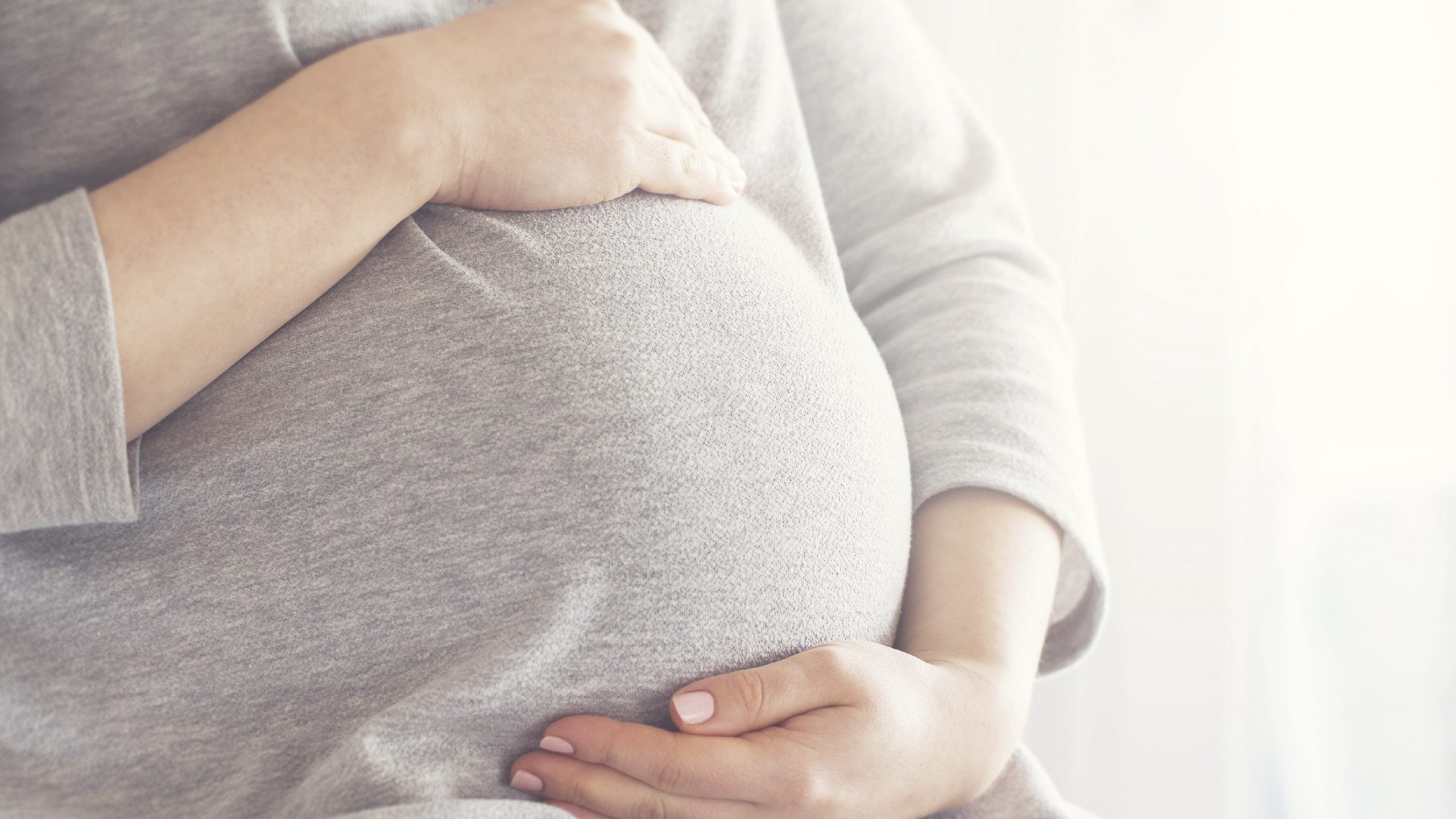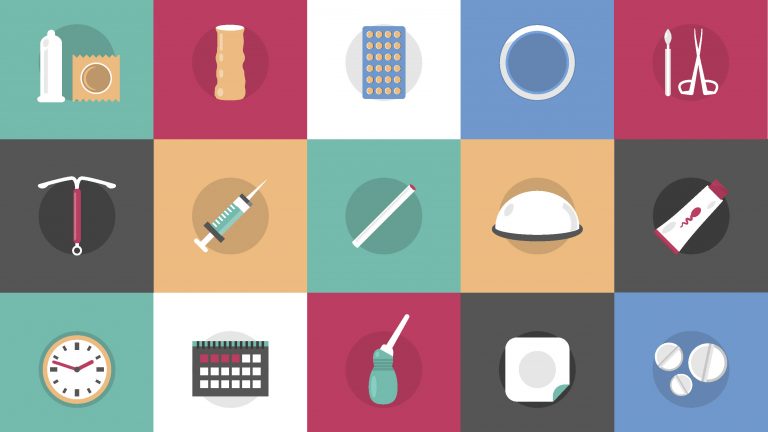Intrahepatic cholestasis of pregnancy (ICP)
Intrahepatic cholestasis of pregnancy (ICP):
It is a serious liver disorder that can develop during second or third trimester. It is when bile acids do not work properly and build up in the body.
ICP resolves after delivery.
Symptoms:
1. Severe itchiness.
2. No rash.
3. Itchiness often affects the palms of the hands and the soles of the feet.
4. Itchiness worsens at night.
5. Dark urine.
6. Pale stool.
Risk Factors:
1. Family history.
2. Having ICP in previous pregnancy.
3. South Asian origin.
Diagnosis:
Blood tests to check liver function and bile acids level.
Severe ICP is defined when bile acids over 40 micromol/L.
Possible complications:
1. Preterm delivery.
2. Stillbirth.
3. Neonatal respiratory distress syndrome.
4. Meconium-stained amniotic fluid.
5. Affects Mother’s absorption of vitamin K which is important for blood clotting.
Treatment and Management:
1. Treatment with ursodeoxycholic acid 300 mg twice daily until delivery to lower the level of bile in blood and ease the itchiness.
It may cause nausea and vomiting.
Improvements is usually seen after 3 – 4 weeks.
2. Bile acids level weekly evaluation is recommended.
3. Fetal biophysical profiles follow up twice weekly.
4. Vitamin K supplement might be given.
5. Delivery is recommended around week 37.
6. Liver function and bile acid levels should be checked 6 – 8 week after delivery.
7. Mother can breastfeed normally.
ICP recurrence in next pregnancy:
Possibility of 60% – 70%.



